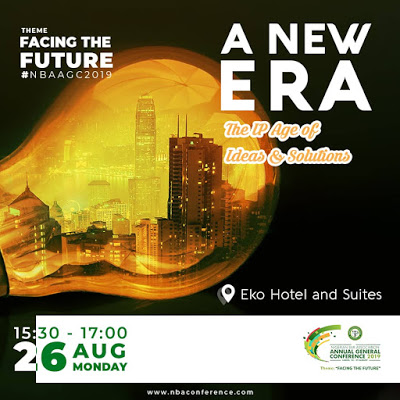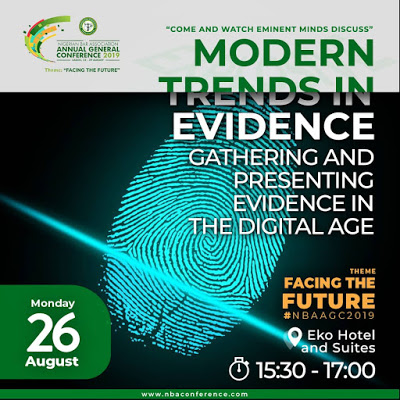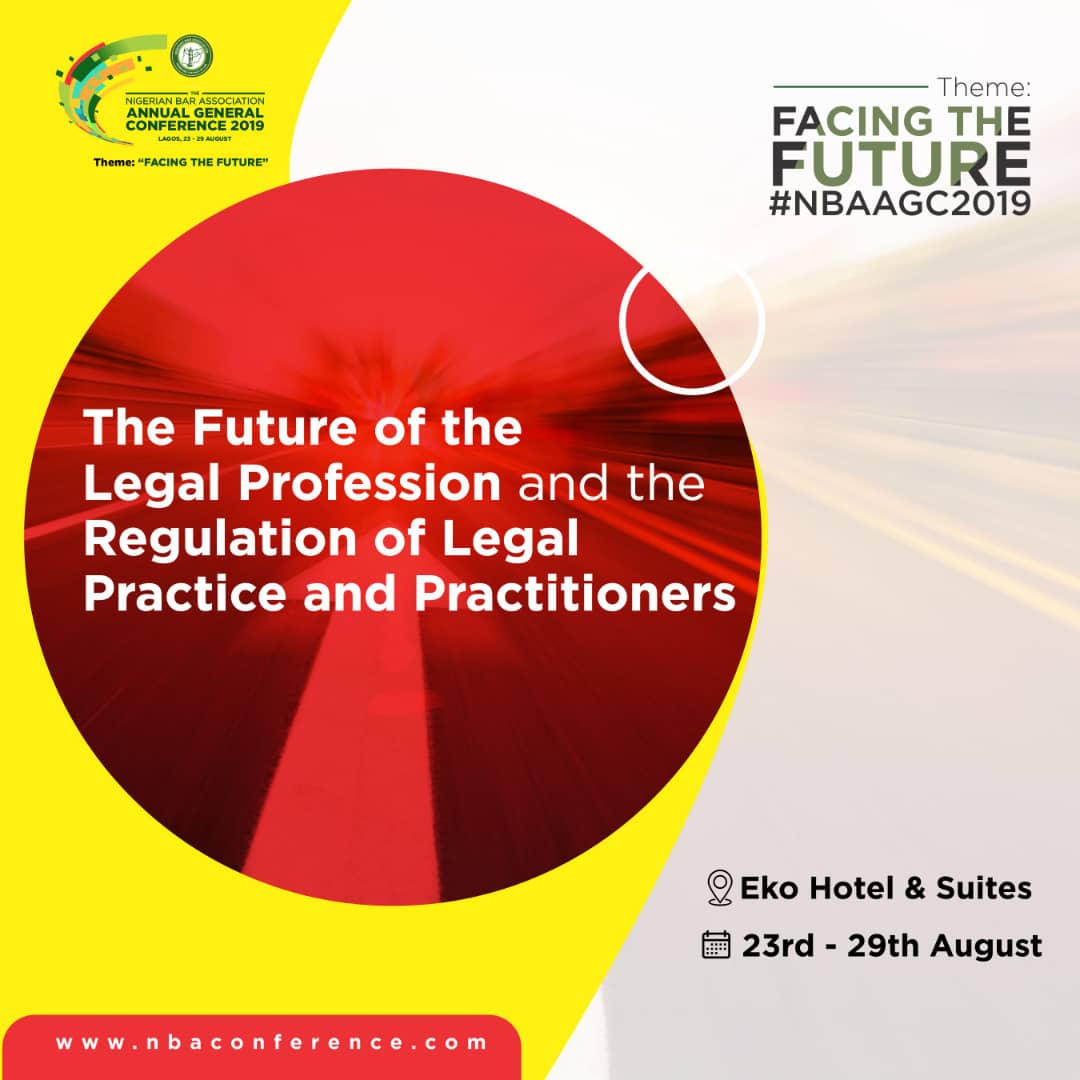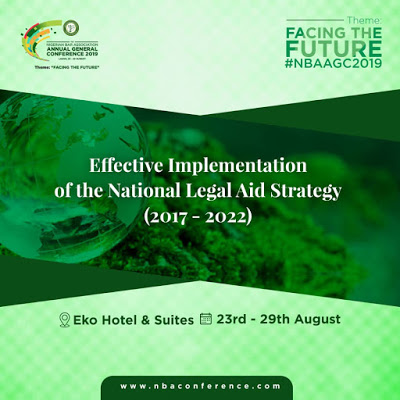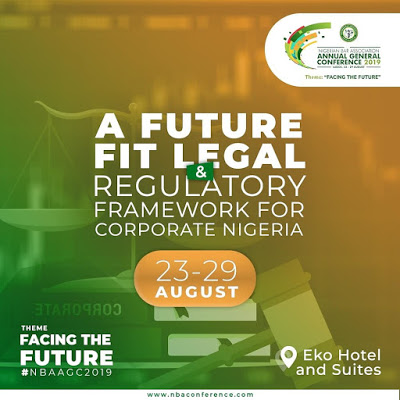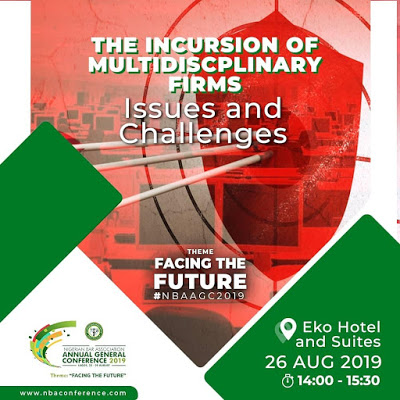
The Incursion of Multi- Disciplinary Firms – Any Regulation

Many lawyers are quite
unhappy at the high rate of multi-disciplinary firms encroaching into the legal
space to offer services that used to be the exclusive purview of lawyers. For instance,
some banks have begun to offer business registration services to their clients
and also help their customers draft wills. All these while lawyers are still battling
with foreign trained lawyers & foreign based law firms who also seek to
encroach the Nigerian space.
unhappy at the high rate of multi-disciplinary firms encroaching into the legal
space to offer services that used to be the exclusive purview of lawyers. For instance,
some banks have begun to offer business registration services to their clients
and also help their customers draft wills. All these while lawyers are still battling
with foreign trained lawyers & foreign based law firms who also seek to
encroach the Nigerian space.
Most certainly, lawyers have
raised their voice against such practices in the past but because there is
really no legislation to this effect, there seems to be no succor for Nigerian
Practitioners. Most certainly the higher echelon of the Nigerian Bar
Association is aware of this intrusions but nothing has been done to stem the
practice.
raised their voice against such practices in the past but because there is
really no legislation to this effect, there seems to be no succor for Nigerian
Practitioners. Most certainly the higher echelon of the Nigerian Bar
Association is aware of this intrusions but nothing has been done to stem the
practice.
What however will lawyers like
to see? Legislation to this effect with penalty of fines? What mode should this
legislation take?
to see? Legislation to this effect with penalty of fines? What mode should this
legislation take?
Most certainly, these issues
and more will be discussed at the Breakout session of the NBA Annual General
Conference, it will be great for Lawyers to join the discuss in other to
channel a way while facing our future.
and more will be discussed at the Breakout session of the NBA Annual General
Conference, it will be great for Lawyers to join the discuss in other to
channel a way while facing our future.


